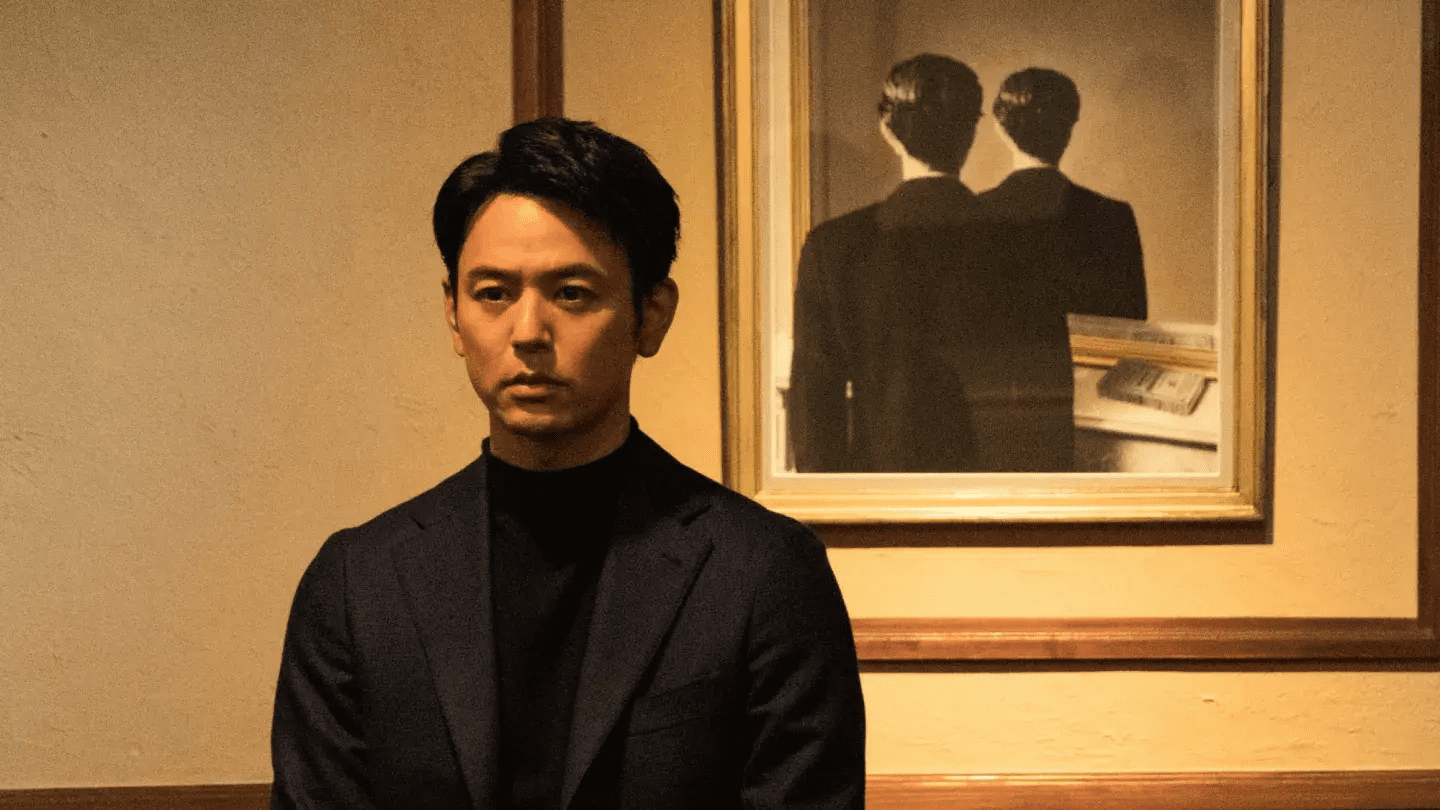Answer by The Gentleman:
Hi Muaz,
Thank you for your thoughtful and heartfelt letter.
It’s rare to find someone at your age with such a profound appreciation for culture, for the richness of the world’s civilizations, and for the deep questions you ask of yourself and others. The fact that you can hold space for both your personal convictions and your cultural curiosity is not just admirable—it is courageous. You are exactly the kind of mind and spirit we hope to engage within the GC community.
As founders of GC let us first say this: our community has never been about the West dominating the East or about abandoning our roots in pursuit of prestige. It’s about something deeper: the pursuit of excellence, the refinement of the soul, and the dignity of being human. The gentleman’s path is not a Western creation - it’s a universal aspiration. And our community reflects that. Our readers and contributors span cultures and continents - Malaysia, Singapore, Indonesia, Australia, England, France, the US, the Netherlands - and what unites us is a shared interests for grace and human potential.
To answer your question directly: no, we were not all educated overseas. And we do not come from one tribe, although we are all sons of Adam. Our founders and contributors are Malay, Chinese, Indian, US, and European—some born in Malaysia, others abroad. Our readers span continents—from Australia to Singapore, from the United States to France and Holland. GC is not driven by one dominant culture, but by a shared reverence for excellence—chivalrous, elegance, noblesse oblige, lineage, masculinity and high culture.


